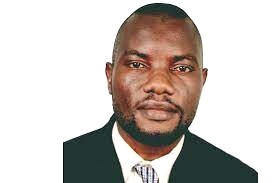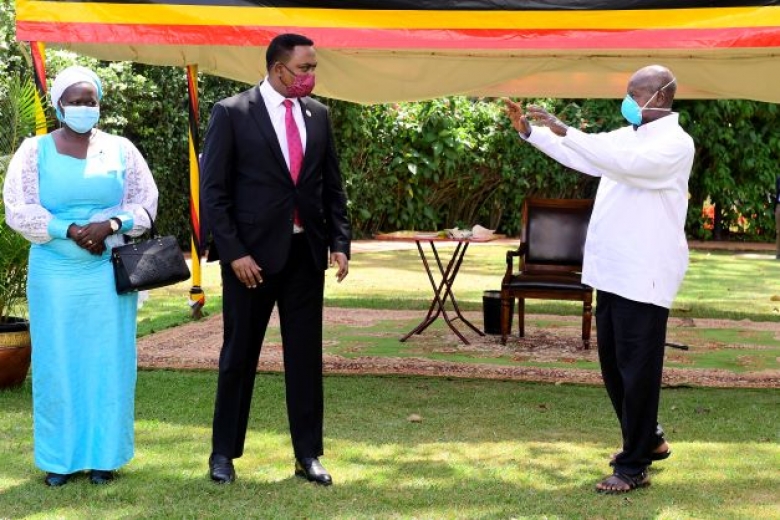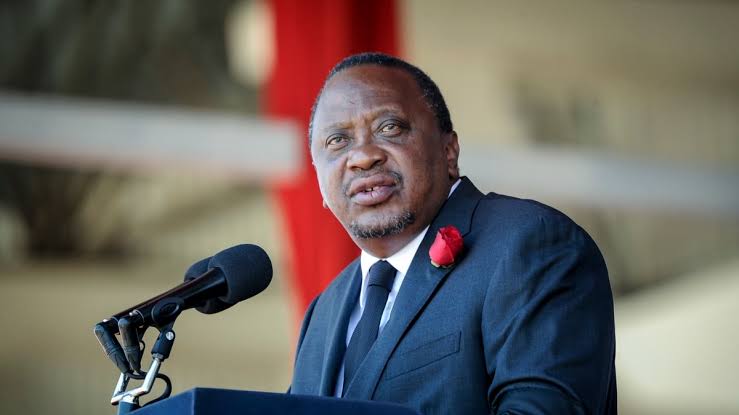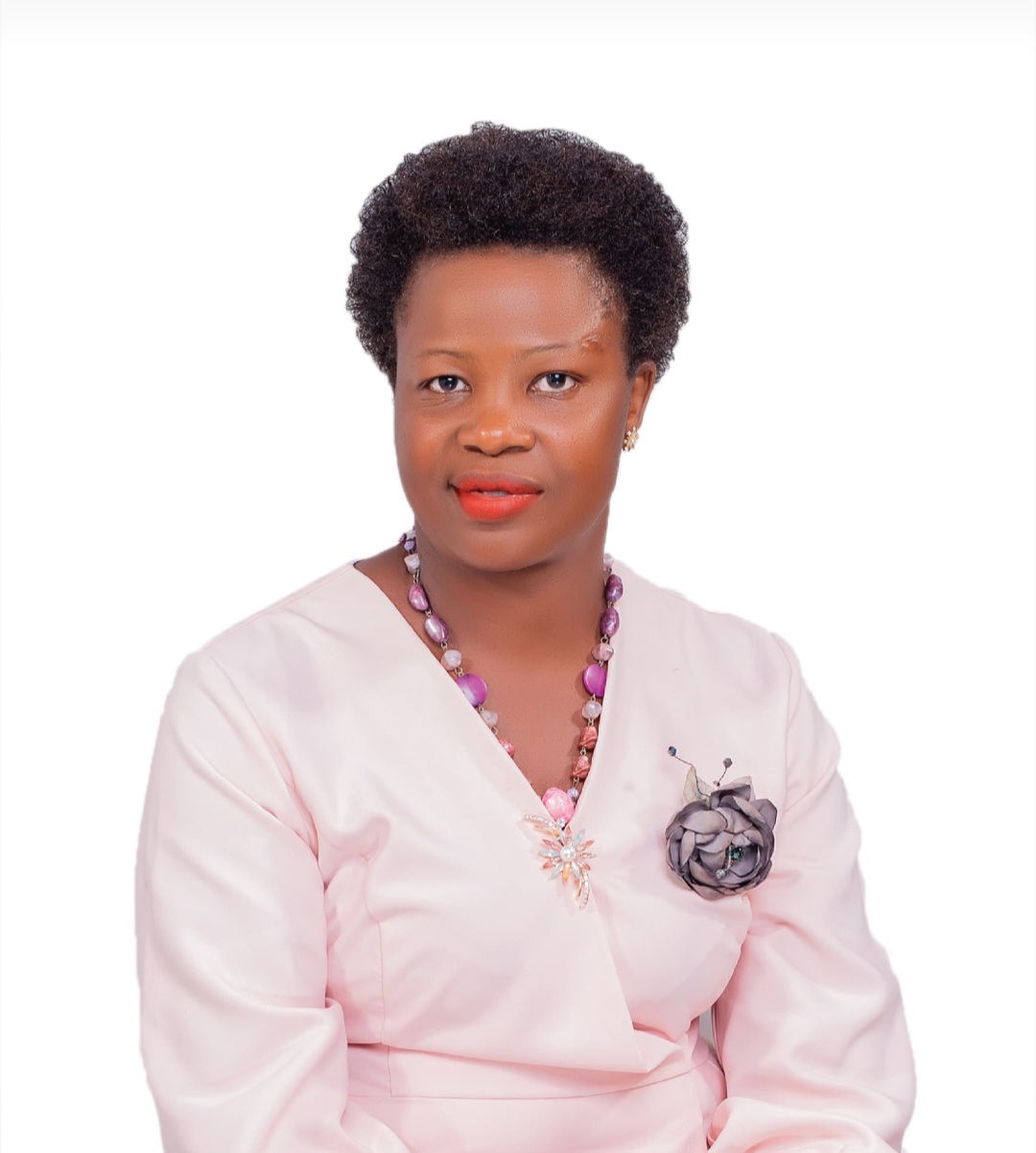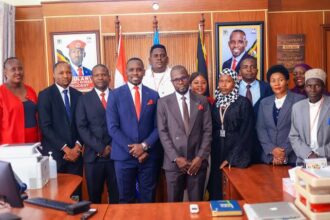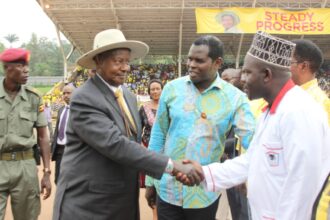Thousands of Sudanese massed round the United Nations premises in Khartoum on January 26 to demonstrate rejection of what they perceive as attempts by the U.N Transition Assistance Mission Sudan (UNITAMS) to conduct direct interventions in Sudanese affairs. This follows UNITAMS’ recent unilateral launch of talks with various Sudanese factions prior to consent of the ruling Sovereign Council.
Apparently, the U.N was responding to a rejection by some Sudanese against the Sovereign Council’s transition program towards a democratically elected civilian government. To this, the protestors have adopted a 3-No hard stance of ‘No Dialogue, No Partnership and No Retreat.’
The implication is a political deadlock. However, with now a new dimension of other Sudanese coming in similar measures to protest U.N interventions how are the international community to respond then? Besides, all protestor sides are now rejecting the idea of dialogue because if it’s externally generated it would end in working together. This speaks to the evidence that the current crisis in Sudan is an easy one to resolve, even domestically but only if actors cast off egoistic tendencies. By all means, the crisis cannot be resolved without round table negotiations.
In the prevailing circumstances it is not enough to demand that the Sovereign Council hands over to a civilian government while there is none that has been constituted through a popular electoral process. The former cabinet of ministers, constituted through unconstitutional partisan quotas, was rejected by street protests on that basis.
The necessity of addressing the divergent contestations is paramount and the earlier Sudanese realized this to generate a national consensus between them than inviting external influences to possibly complicate matters the better for them.
It is, therefore, important that all players stay within the parameters of their mandates. The military should interest itself more in ensuring the territorial safety of Sudan and its citizens and their properties. The foreign legion of ambassadors must stay away from roles outside their diplomatic norms, such as agitating and facilitating mass protests. And political activists should collectively speak against emerging foreign induced behaviors of encouraging drug use by the youth before are urged to dare the military into physical confrontations. It is these same youth that any ultimate new political formation will govern over.
As expected, the international community and regional bodies such as the UN and the African Union can play active observer roles in the locally generated dialogue processes with the ultimate intention of providing the necessary logistical and financial support.
Meanwhile, the Al-Burhan-led Sovereign Council ought to soon confirm the acting technocrats in the various ministries as substantive acting ministers in order to have a fully functional transitional government. Also urgently required is to constitute an electoral body to draw an electoral roadmap to the general elections that will bring about a properly elected civilian government everyone is craving for.
Swaib K Nsereko is an Assistant Lecturer, Department of Mass Communication, Islamic University in Uganda
Do you have a story in your community or an opinion to share with us: Email us at Submit an Article



